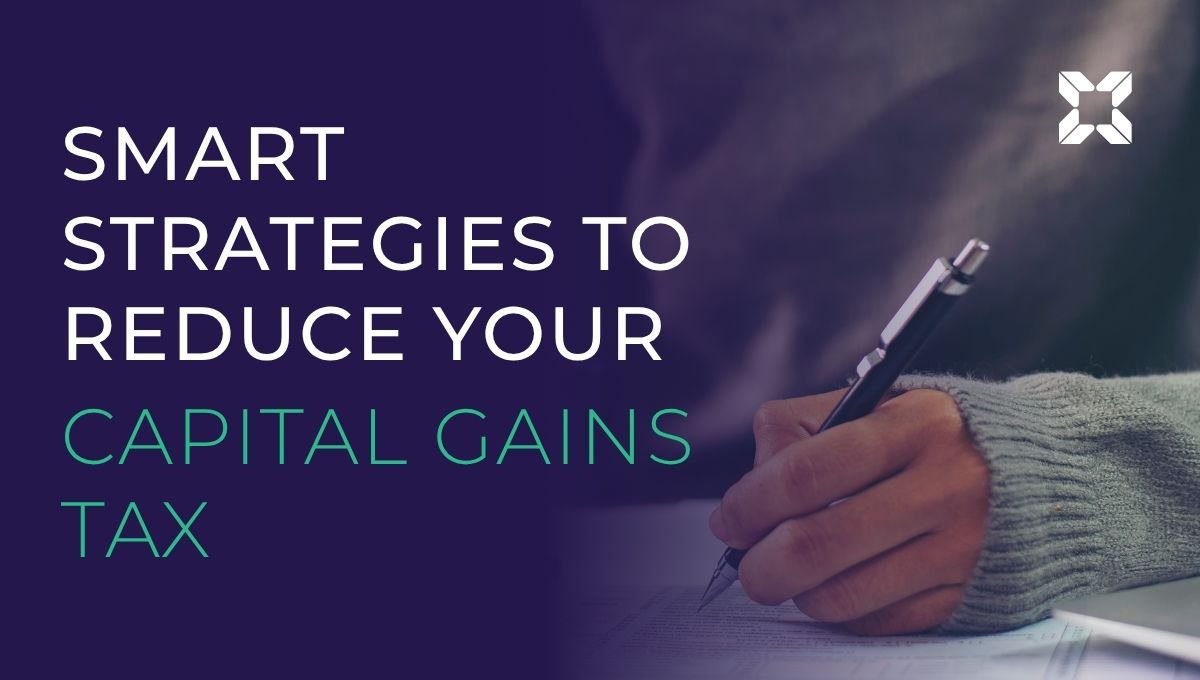
Savings & investment

With recent changes to Capital Gains Tax allowances, navigating the tax landscape has become more complex. As of the 2024/25 tax year, the CGT tax-free allowance in the UK has been cut to just £3,000 per individual and £1,500 for trusts (HMRC 2024,) half of what it was recently.
The implications? More of your investment gains could now be taxable unless you act proactively.
The good news: the UK tax system still offers a variety of ways to reduce Capital Gains Tax legally, efficiently, and often quite accessibly. Below, we’ve outlined six key areas to consider in your CGT planning and how a qualified adviser can help you make the most of every opportunity.
The tax-free allowance for Capital Gains Tax has now significantly reduced, many investors unintentionally miss out by not planning selling or transferring assets known as disposals, in advance. Since the exemption can’t be carried forward, it’s crucial to realise gains in a structured way.
They’ll review your holdings and help time disposals strategically across tax years, ensuring you make full use of your allowances.
Capital losses are often overlooked or not reported in time to be used effectively. However, when properly declared to HMRC, they can reduce gains in the same year or be carried forward for future use.
They will ensure all eligible losses are claimed and integrated into your long-term strategy, helping you reduce your tax exposure year after year.
Holding investments within tax-efficient accounts (often called ‘wrappers’), such as ISAs or pensions means many investors underuse these tax-efficient vehicles. ISAs allow tax-free growth, and pensions can reduce your overall taxable income, potentially lowering the Capital Gains Tax rate on gains.
For instance, selling an asset and rebuying it within an ISA (a strategy known as ‘Bed and ISA’, where you sell an investment and immediately repurchase it within an ISA to shelter future gains from tax) can protect future growth from tax. Meanwhile, pension contributions can extend your basic-rate tax band, meaning more of your gains may be taxed at 10% instead of 20%.
They’ll guide you on using ISAs, pensions, and similar wrappers to shield your investments from tax while supporting your broader retirement or investment goals.
Selling appreciated shares and then donating the proceeds to charity may feel generous but also comes with a Capital Gains Tax bill. Donating the shares directly to a UK-registered charity avoids CGT entirely and may offer income tax relief too.
They can help structure donations to benefit both your finances and the causes you care about most.
Entrepreneurs and business owners have access to several targeted reliefs but understanding the rules is key. For example, Gift Hold-Over Relief which allows you to delay paying Capital Gains Tax when gifting qualifying assets like business shares or property and lets you to defer CGT when transferring qualifying assets to others, such as family or trusts. And if you’re investing in early-stage companies, schemes like Enterprise Investment Scheme (EIS) and Seed Enterprise Investment Scheme (SEIS), which provide generous Capital Gains Tax reliefs when investing in early-stage companies, offer CGT deferral, exemption, and potential loss relief.
They can help you navigate complex eligibility criteria and time transactions effectively, ensuring that you benefit fully from these generous tax incentives.
Not all gains are taxable. For example, your main residence is usually exempt from CGT, but this depends on how the property has been used. Similarly, certain personal possessions, like antiques, art, or collectables, may be exempt if sold for less than £6,000.
| Exemption type | Description |
| Principal Private Residence Relief | The exemption that usually applies when you sell your main home |
| Personal possessions | Gain from items sold under £6000 may be exempt |
| Gifts to spouse or civil partner | No CGT, and effectively doubles the annual exemption |
| Gifts to charity | No CGT on qualifying gifts of assets to registered UK charities |
They can help you assess which assets qualify for relief and structure any disposals or transfers to avoid unwanted tax consequences.
The tax landscape across the UK and Ireland is becoming more complex, but opportunities to reduce tax remain, especially if you’re proactive. Whether you’re rebalancing your investment portfolio, gifting assets, or planning for retirement, the right strategy can mean significant long-term savings.
At Fairstone, our advisers specialise in tax and financial planning tailored to individuals and families in the UK and Ireland. We help clients maximise reliefs, avoid pitfalls, and build financial plans that protect their hard-earned wealth.
| Match me to an adviser | Subscribe to receive updates |
THIS ARTICLE IS FOR INFORMATIONAL PURPOSES ONLY AND DOES NOT CONSTITUTE FINANCIAL, TAX, OR LEGAL ADVICE.
TAX TREATMENT DEPENDS ON INDIVIDUAL CIRCUMSTANCES AND MAY CHANGE. ALWAYS SEEK PROFESSIONAL ADVICE BEFORE MAKING FINANCIAL DECISIONS.
SOURCE: https://www.gov.uk/capital-gains-tax/allowances